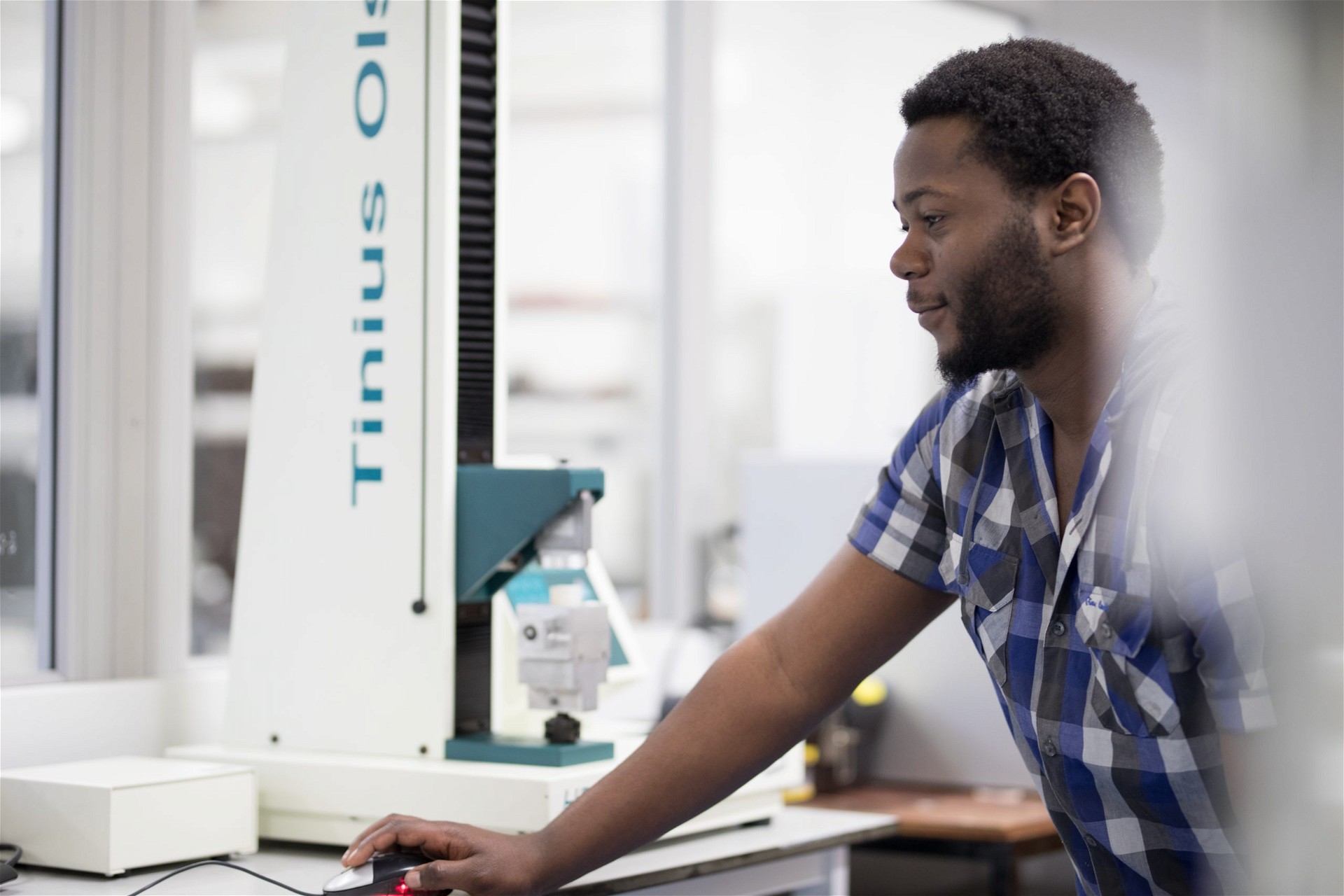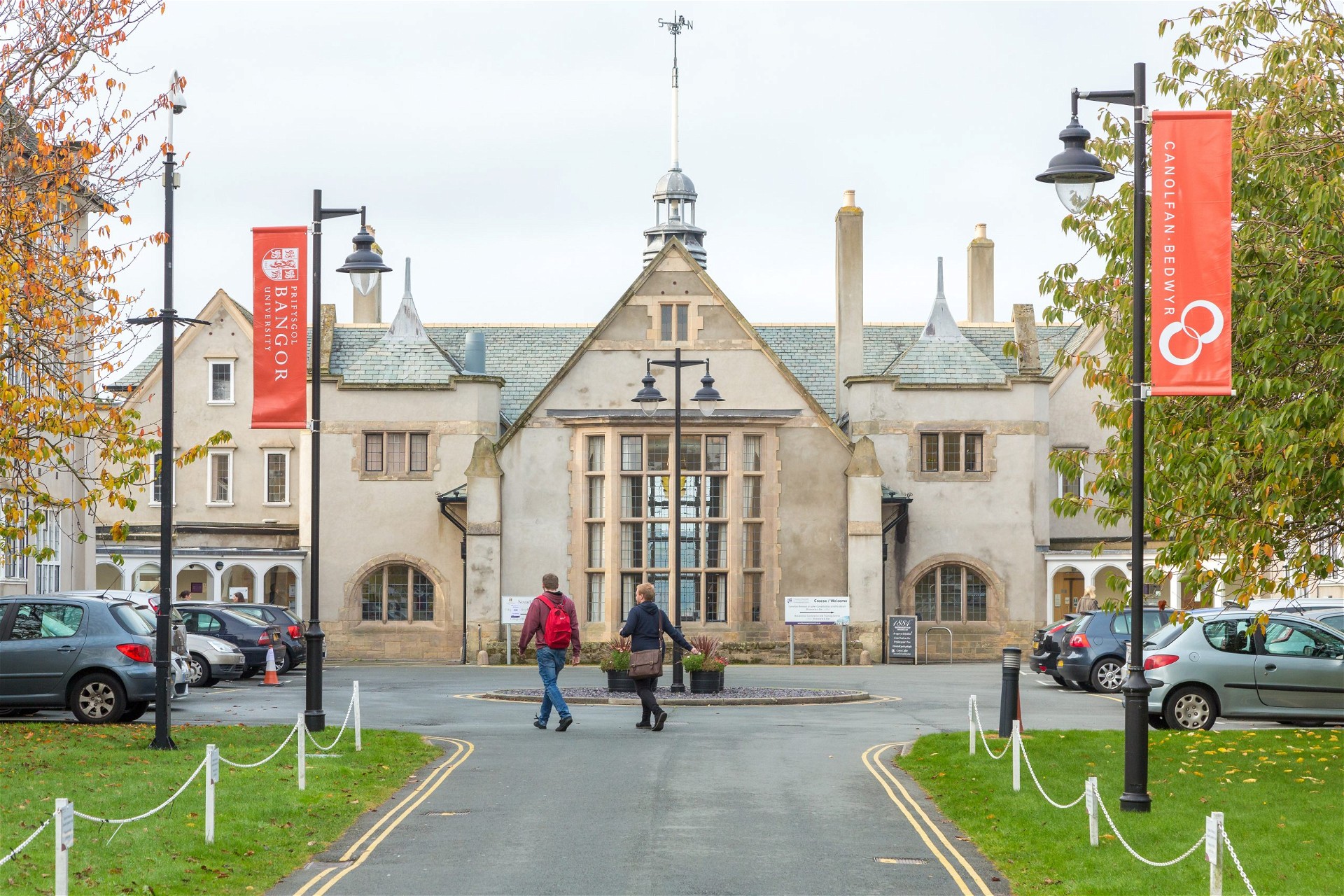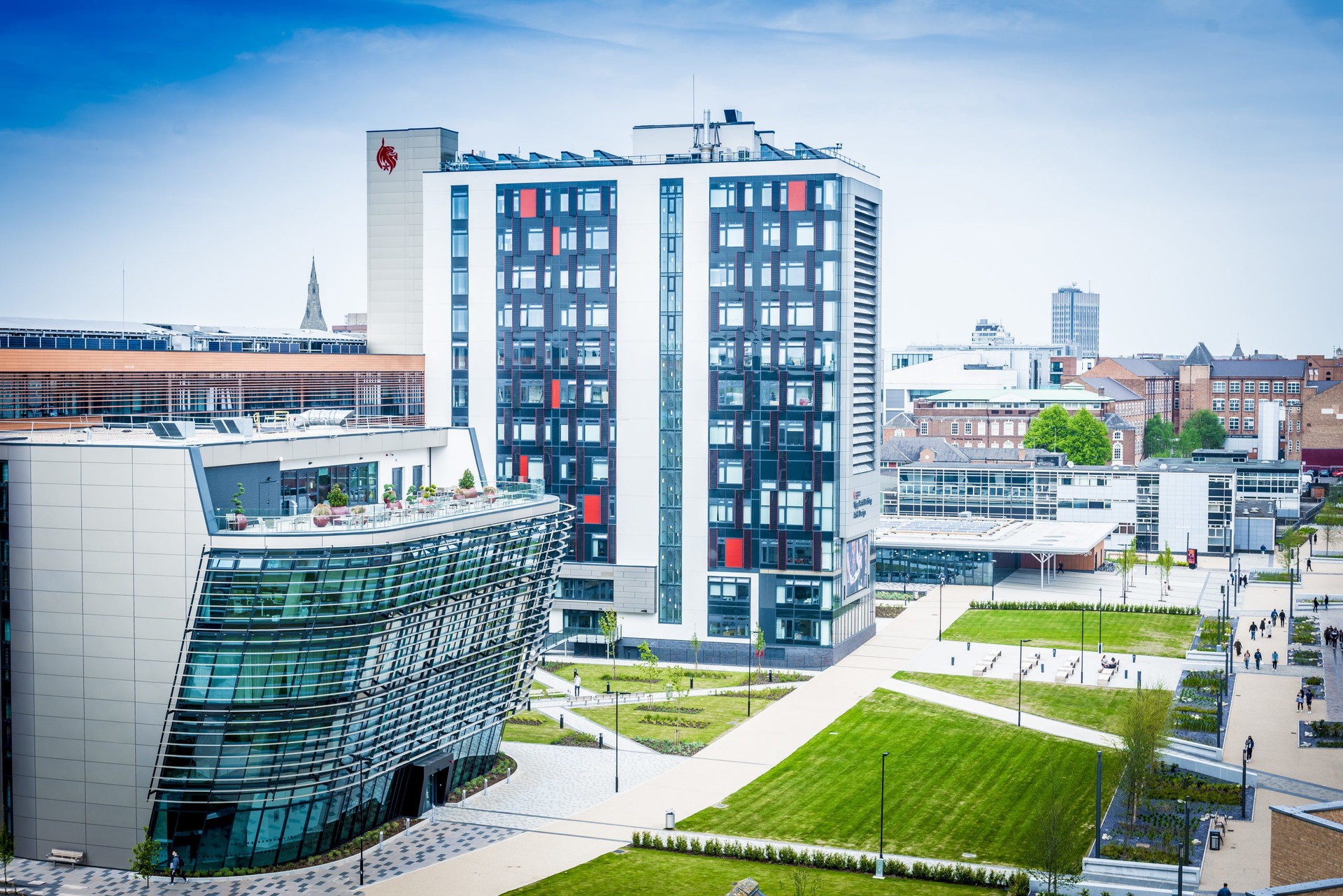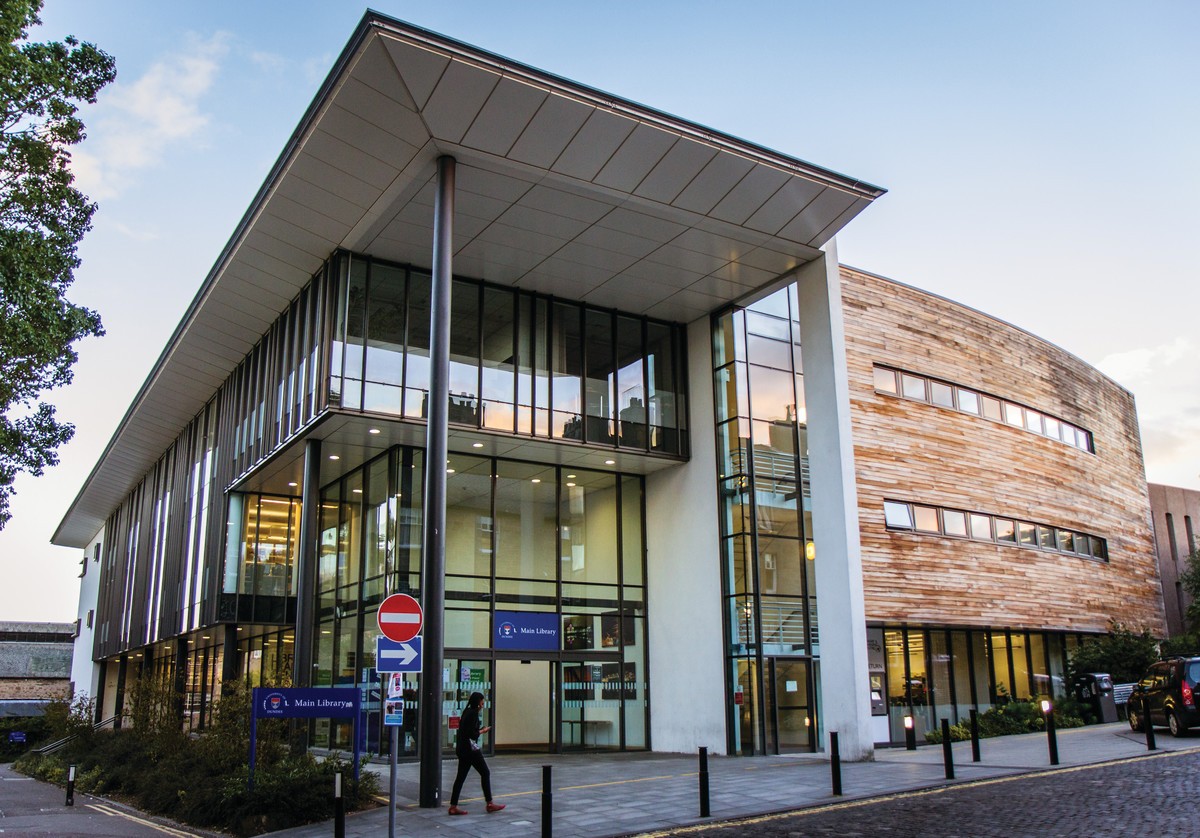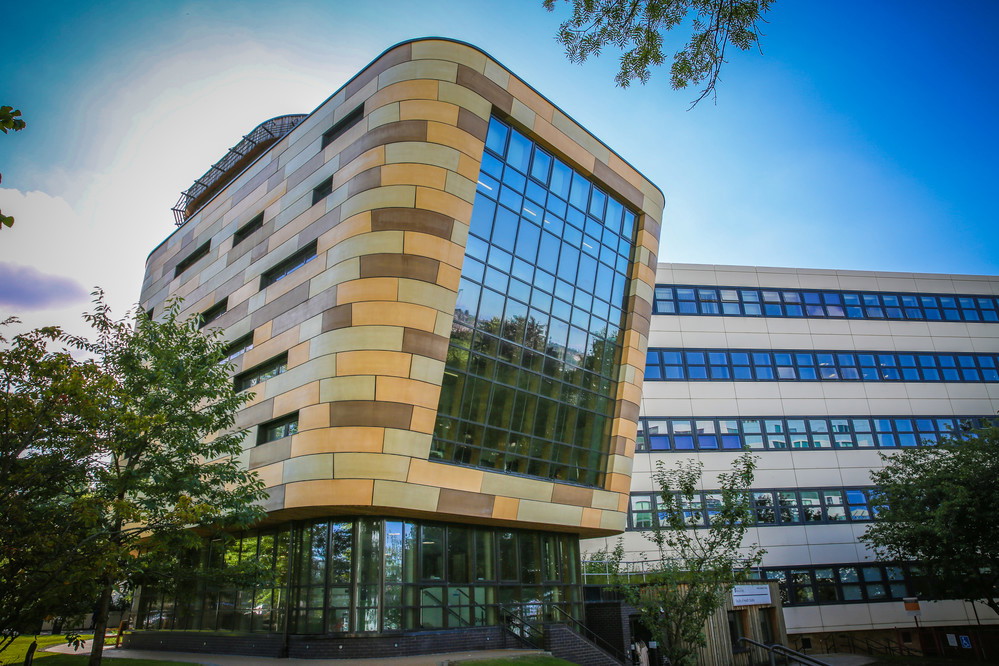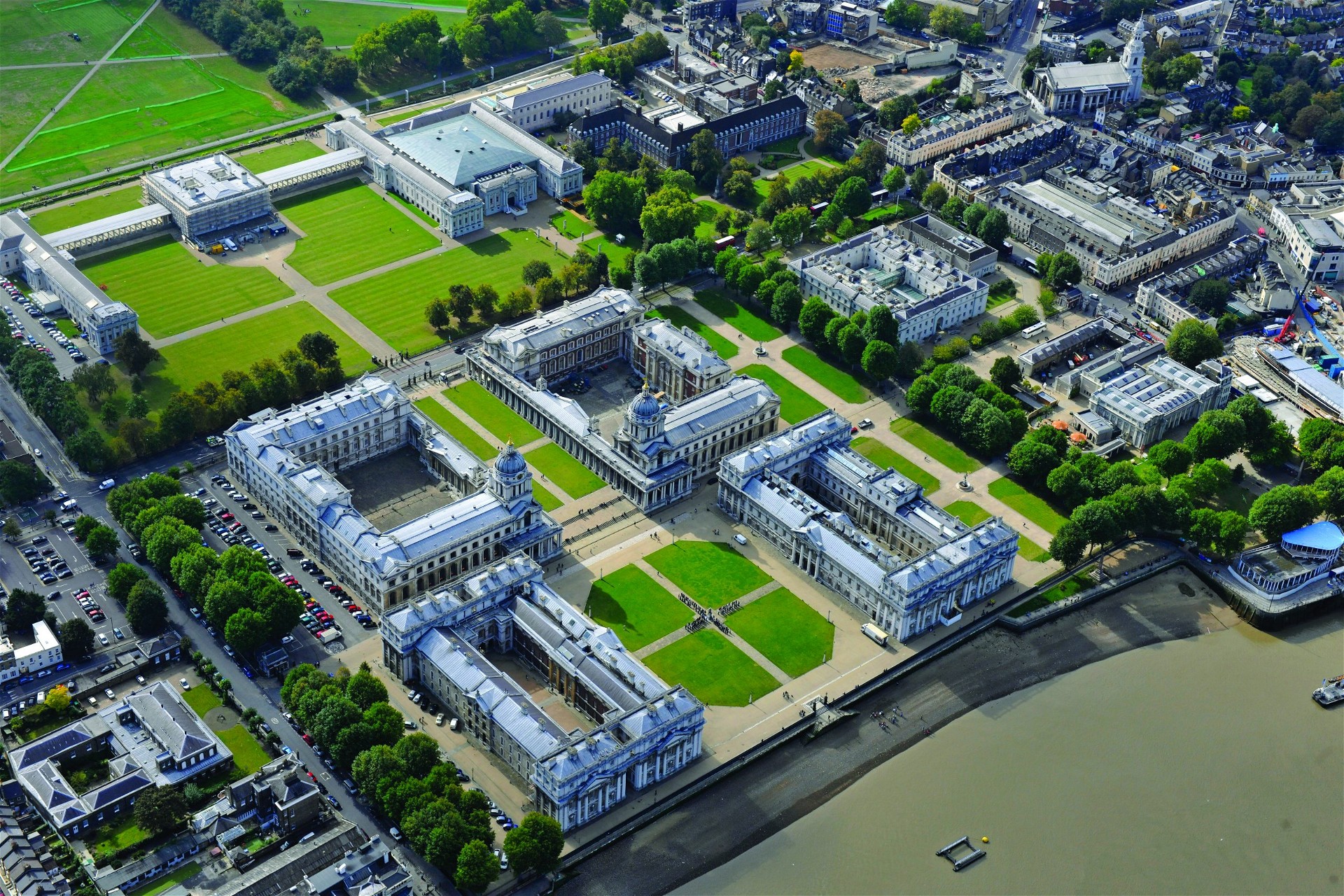Start your undergraduate or postgraduate journey at one of our UK colleges or US centres.
Degree admission to industry leading universities
Your pathway to 15+ top ranking universities.
Discover top universities in the UK for studying abroad.
Discover top universities in the US for studying abroad.
You can easily apply online via our application form.
Are you joining us soon? We recommend checking out our pre-arrival guides to help you prepare for your arrival!
Start your undergraduate or postgraduate journey at one of our UK colleges or US centres.
Degree admission to industry leading universities
- Coquitlam College
- Lincoln Bishop University
- University of Louisville
- Health Sciences University
- BPP University
- Ravensbourne University London
- University Roehampton London
- Mercy University
- The University of Notre Dame Australia
- UHE Australia
- University of Southampton Delhi
- Universal Higher Education, UK
- University of Winchester
Your pathway to 15+ top ranking universities.
Study and work in Canada or UK, on one of our vocational courses.
Discover top universities in the UK for studying abroad.
- Lincoln Bishop University
- Health Sciences University
- Bangor University
- BPP University
- University of Bradford
- De Montfort University
- University of Dundee
- Edinburgh Napier University
- University of Greenwich
- University of Kent
- Ravensbourne University
- University of Roehampton
- Universal Higher Education, UK
- University of Winchester
Discover top universities in the US for studying abroad.
Study and work in Canada.
Study abroad in Australia.
You can easily apply online via our application form.
Are you joining us soon? We recommend checking out our pre-arrival guides to help you prepare for your arrival!
- Bangor University International College Guide
- University of Bradford International College Guide
- De Montfort University International College Guide
- International College Dundee Guide
- Edinburgh Napier University Guide
- University of Greenwich International College Guide
- Mercy University Guide
- Ravensbourne University London Guide
- San Francisco State University Guide
- Syracuse University Guide
- University of Louisville Guide

